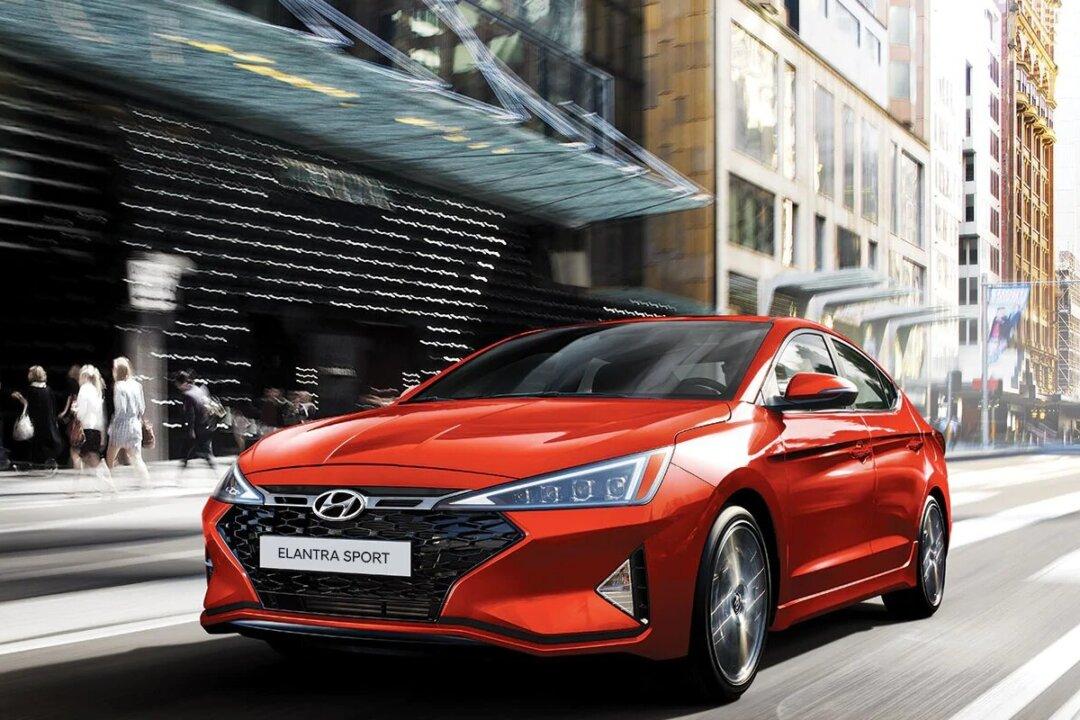The Inflation Reduction Act (IRA) has been the law of the land for less than two weeks, but it’s already harming relations between the United States and its allies.
Featured
South Korea Accuses US of Discrimination Over Electric Vehicle Tax Credit, Considers Legal Action

2019 Hyundai Elantra Sport Courtesy of Hyundai




